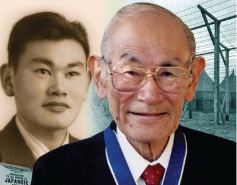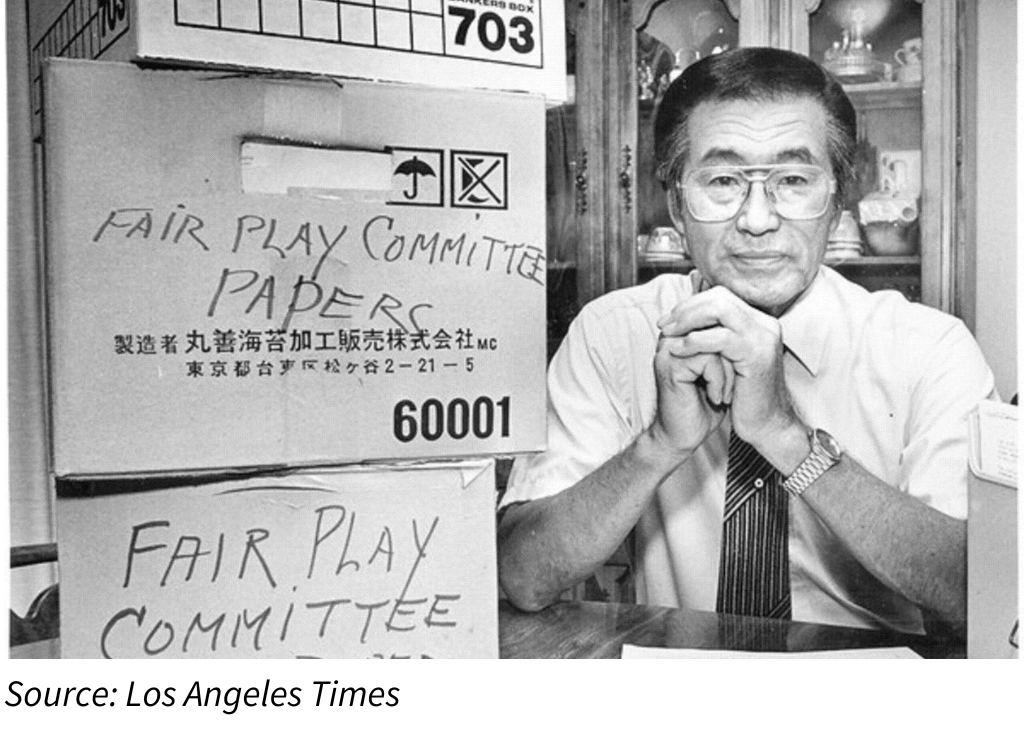
IPR is featuring research and some of the many AAPI pioneers who have had an impact on the world today in celebration of AAPI Heritage Month.
Fred Korematsu was born on Jan. 30, 1919, in Oakland, California to parents who had immigrated from Japan.
In 1941, Korematsu was 22 years old when Pearl Harbor was attacked by Japanese airplanes. The U.S. government declared war on Japan, and President Franklin D. Roosevelt signed Executive Order 9066, which led to the mass removal and eventual incarceration of Japanese Americans from the West Coast.
Korematsu refused to leave the Bay Area, and stayed until he was arrested on May 30 and sent to a relocations site. He was contacted by the ACLU and went to court, claiming that Executive Order 9066 violated the Fifth Amendment. The case made it all the way to the Supreme Court, where the court sided with the government.
In 1983, the federal court in San Francisco overturned the decision. However, it wasn’t until 2018 that the Supreme Court followed suit.
Korematsu continued to fight for civil rights and lobbied for the passage of the Civil Liberties Act of 1988. In 1988, Korematsu was awarded the Presidential Medal of Freedom. Korematsu’s story was featured in Daniel James Brown’s book, “Facing the Mountain: A True Story of Japanese Heroes In World War II.”
Read more here



